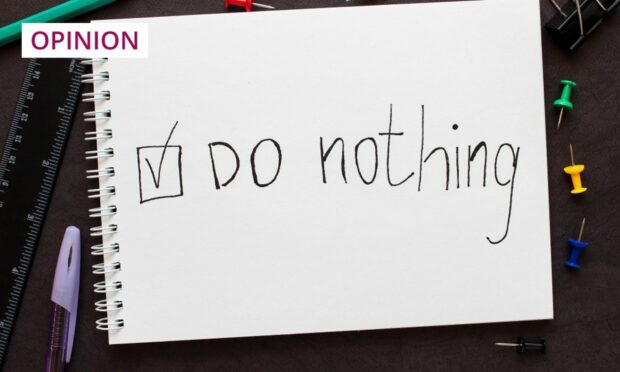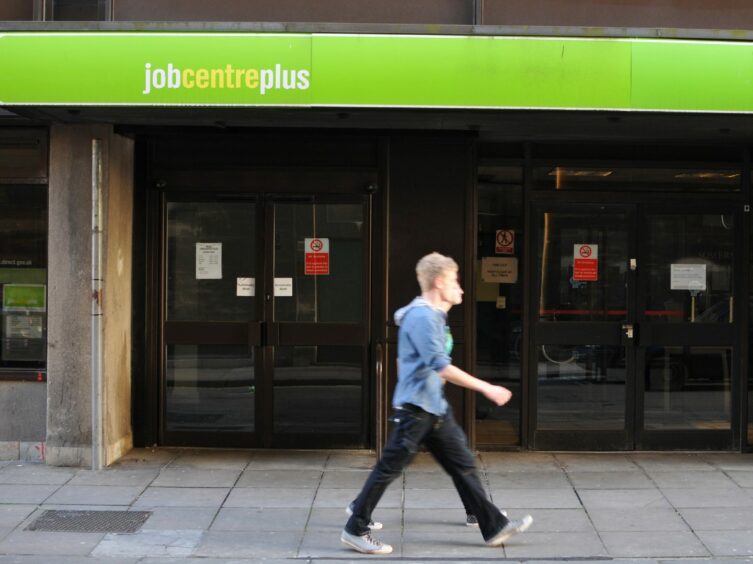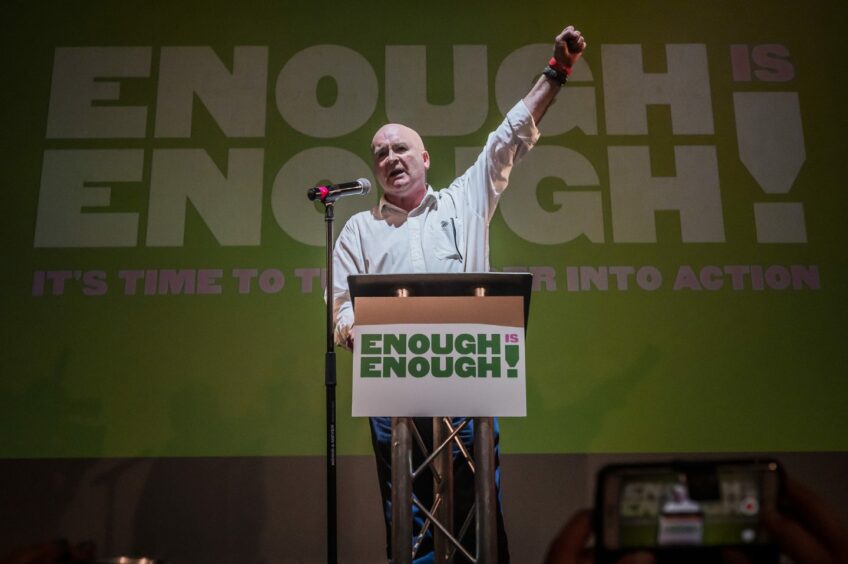Here’s my dirty little secret – I wouldn’t work if I didn’t have to.
I’m not a lazy person. In fact, quite the opposite – since I was just a wee tot, I’ve been told I am a ‘good worker’.
‘Rebecca keeps her head down’, the report cards read. ‘Always completes work on time and offers to help others’. ‘A conscientious worker’. And the best one: ‘Has a strong work ethic’.
I was brought up on the ‘girls can do anything boys can do, better’ regime of career-driven heroines. And about 80% of my personality fits the cookie-cutter stereotype of a Promising Young Woman.
If I’m going to do something, I want to do it well. If I don’t have a project, I’ll make one for myself.
Terribly, this means I am one of the insufferables who really does like their job. And even if I didn’t work as a writer, I’d still write.
But the fact remains: I probably wouldn’t work for a living if I didn’t have to.

What’s more, I don’t think I do have a strong work ethic.
I spend a lot of time hating the fact that if I want to eat decently and live under a niceish roof, I need to have a job. I’d just rather not.
And I wonder why that feels so shameful?
Dundee’s ‘hidden unemployment’ isn’t surprising
It was revealed this week that Dundee is Scotland’s ‘hidden unemployment’ capital, meaning we’ve not just got a lot of folk looking for jobs – we’ve got a lot who aren’t looking at all.
Around 16% of the city’s population are “economically inactive”, and there’s myriad reasons why being put forward.
Long-term sickness. Disillusionment with employment services. Chronically poor working conditions and pay for even highly-skilled jobs like teachers and nurses. A lack of investment and industry in the city… the list goes on.
Inevitably, the discussion always winds up with the phrase: ‘We need to create more jobs.’
But I think we have to acknowledge that ‘creating more jobs’ is missing the point.
People aren’t working because they don’t want to work.
And is it any wonder they don’t?
Let me put forward a scenario, detailed by a close friend of mine, which I have heard echoed by all kinds across retail, hospitality, corporate and education sectors:
“I’m sick, but I can’t call in. There’s two people on holiday, so we’ll be short.”
Alright, thinks I, why not hire more staff – and give more folk the chance of a job?
“Then we’d be overstaffed, and people wouldn’t have enough hours to pay their bills.”
If Dundee is facing such an employment crisis, shouldn’t everywhere be ‘overstaffed’?
Could it be that ‘overstaffing’ is just responsible staffing?
We don’t need to ‘create’ work for ourselves
Even if that was true, and there was a way to alleviate stressful work environments by placing unemployed people in existing workplaces without everyone ending up poorer, it would still be only a plaster on the deeper wound in our society: an obsession with the idea that work equates to a valuable life.
The pandemic showed us which services were ‘essential’ and which were not, in stark detail.
We – society – need doctors, yes, and nurses, and teachers and transport workers and farmers and makers and builders and more.
And we – individually – need food, shelter and clothing.
What we don’t need is to “create” more jobs to fill our years in these fleshy vessels.
Trials of Universal Basic Income have shown that giving people ‘free’ money they can rely on to feed and clothe themselves boosts health and – ironically – employment opportunities, if they want them.
Which some don’t. Some are happy living a simple life, with only what they need.
And if it makes you angry to think of someone living a simple, paid-for existence when you’ve taken great pride in a lifetime of work, ask yourself this: If your job, and your employer, ceased to exist, but you were able to feed your family… would it matter?
Employment doesn’t enrich the world
Who knows? If we weren’t so obsessed with people being ‘economically active’ (what a phrase), and implemented that basic income for all, maybe we would see what work actually needs done in our communities – whether it’s cooking for our elderly, cultivating green spaces and food, housing our vulnerable, enriching the minds and lives of our young folk with music or maths.
Maybe if the pursuit of employment was replaced with the pursuit of enrichment, we’d have actual craftspeople again, stonemasons and blacksmiths.
We’d build beautiful buildings instead of flat-pack ones.
Maybe we’d all start going to the theatre on purpose.
And maybe if our lives weren’t swallowed up sending emails that don’t need sent and pushing products no one needs into inevitable landfill, maybe if we weren’t so preoccupied with ‘creating work’, then people would spend their time working to make the world better instead.
Maybe ‘no one has a work ethic anymore’ because working isn’t the only ethical way to live in 2023.













Conversation